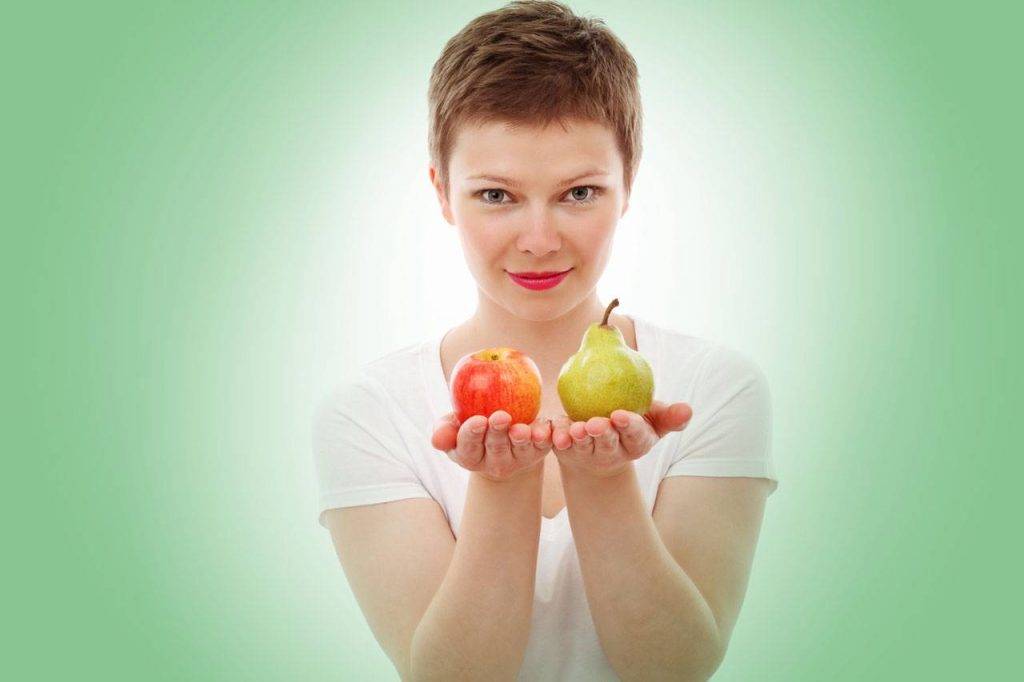Certain foods can reduce the risk of age-related decline in eye health by 25%.
In 2013, the AREDS, Age-Related Eye Disease Study (2001), study was modified to include multiple variants of the original formula.
Omega-3 fatty acids, lutein, beta carotene and zeaxanthin were among the variances; the study discovered that certain combinations of vitamins and minerals found in food may add to protecting the eyes from vision loss.
Zinc, copper, vitamin C, vitamin E, and beta carotene have benefits for eye health.
While many individuals feel that declining eyesight is an unavoidable consequence of aging, these studies show that eating healthily can dramatically lower the risk of eye problems.
Ten foods that protect your eyes
1. Fish
Omega-3 fatty acids are abundant in several fish.
Fish with high levels of omega-3 oil provide the most benefit.
Omega-3 fatty acids can help with vision development, retinal health, and in the prevention of dry eye.
Fish with the highest amounts of omega-3 fatty acids include:
- Anchovies
- Herring
- Mackerel
- Salmon
- Sardines
- Trout
- Tuna
2. Nuts and legumes
Omega-3 fatty acids are also abundant in nuts.
Nuts that contain omega 3 oils and vitamin E, can protect the eyes from damage caused by aging.
The following nuts and legumes are beneficial to eye health:
- Walnuts
- Cashews
- Brazil nuts
- Lentils
- Peanuts
3. Seeds
Many seeds, similar to nuts and legumes, are abundant in omega-3 fatty acids and vitamin E.
Vitamin E consumption on a regular basis can help prevent age-related macular degeneration and cataracts.
Seeds that contain Omega-3 or vitamin E include:
- Flax seeds
- Chia seeds
- Hemp seeds
- Sunflower seeds
4. Citrus fruits
Vitamin C is abundant in citrus fruits.
Vitamin C, like vitamin E, is an antioxidant that helps to prevent age-related vision loss.
Citrus fruits high in vitamin C include:
- Oranges
- Lemons
- Grapefruits
5. Leafy green vegetables
Leafy green vegetables are high in lutein and zeaxanthin, as well as vitamin C, which are healthy for the eyes and may prevent cataracts.
Leafy greens that promote eye health include:
- Collards
- Kale
- Spinach
SEE RELATED: 6 Tips for Healthy Eyes after 50
Schedule an eye exam with an eye doctor near you to get your eyes checked for any underlying eye conditions.
6. Carrots
Carrots are high in beta carotene and Vitamin A.
Yes, carrots can provide health benefits for your eyes, as carrots get their orange hue from beta carotene.
Vitamin A is necessary for good vision, as it’s part of the rhodopsin protein, which helps in the absorption of light by the retina.
7. Sweet potatoes
Sweet potatoes, like carrots, are high in beta carotene.
Beta carotene aids night vision, your eyes’ ability to adjust to darkness. Sweet potatoes are also high in vitamin E, an antioxidant.
A sweet potato also contains more than half of your daily vitamin C requirements and a small amount of vitamin E.
8. Beef, Lean Meat and Poultry
Zinc is abundant in beef, and it has been linked to improved long-term eye health.
Zinc can help prevent age-related vision loss and macular degeneration. Zinc is abundant in the eye, specifically in the retina and the vascular tissue that surrounds the retina.
Lean meat and poultry also contain Vitamin A and zinc, which aid night vision.
9. Eggs
Eggs contain high levels of lutein and zeaxanthin, which can help prevent age-related vision loss.
Eggs are also rich in vitamin C and E, as well as zinc.
The zinc in an egg will help the body utilize the lutein and zeaxanthin found in the yolk and protect the retina from harmful blue light, while boosting the quantity of protective pigment in the macula, which controls central vision.
10. Water
We all know drinking plenty of water can help to prevent dehydration. But what you may not know is that staying hydrated can help to alleviate dry eye syndrome.
Eating tips
You should also consider filling your plate with plenty of other fresh fruits and veggies in addition to these 10 foods.
Aim for at least two servings of fruit and five servings of veggies every day.
Asparagus, berries, broccoli, cucumber, eggplant, radish and zucchini are all excellent alternatives when you want to add diversity to your diet while also maximizing on nutrients.
Colorful foods are fun to eat, and as an added bonus, they’re good for you and your eyes.
LEARN MORE: Guide to Eye Health
Contact an eye doctor near you to find out which foods can protect
Changing eyesight is an unavoidable consequence of aging, however many studies show that eating healthily can dramatically lower the risk of eye problems.









